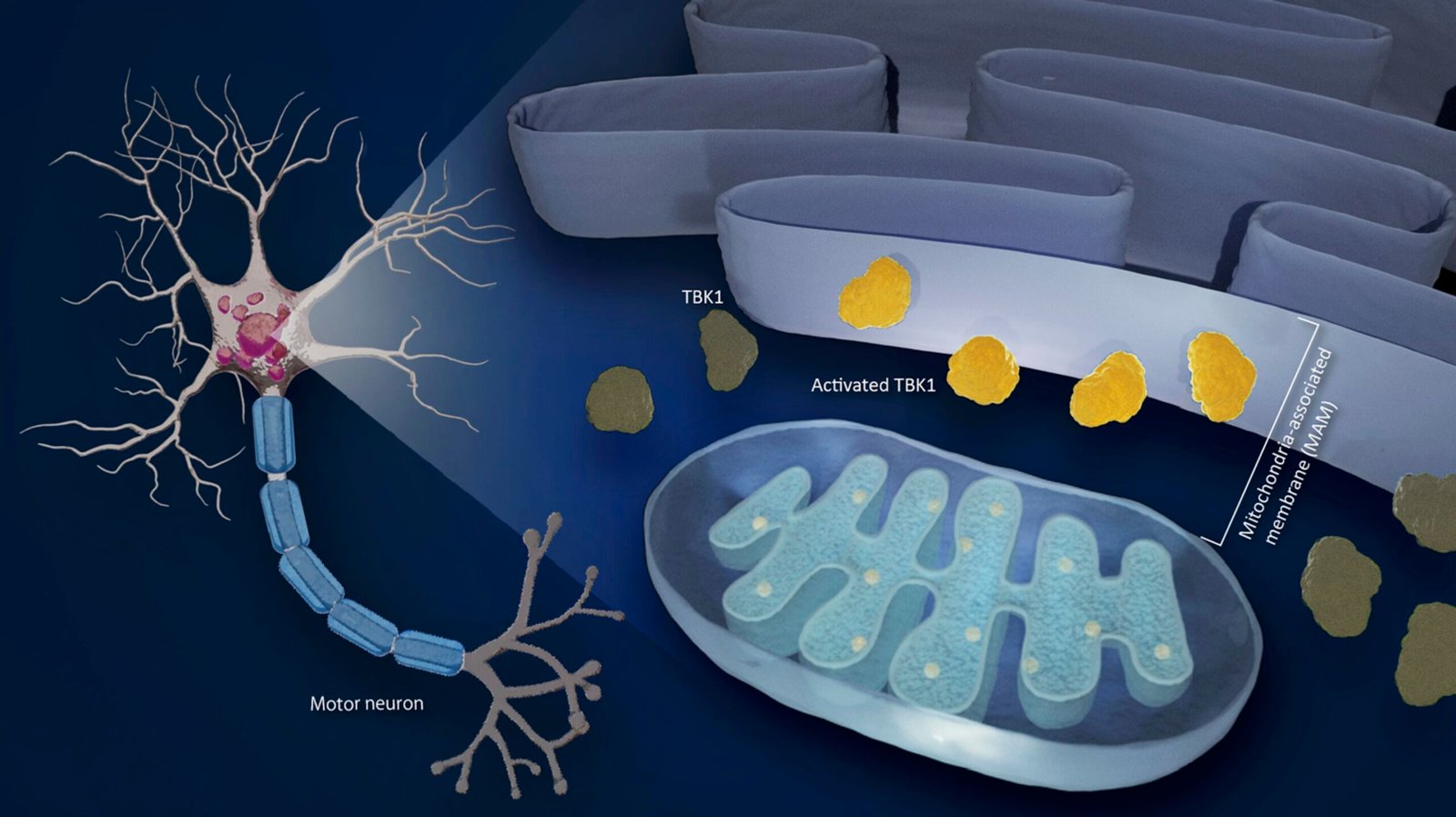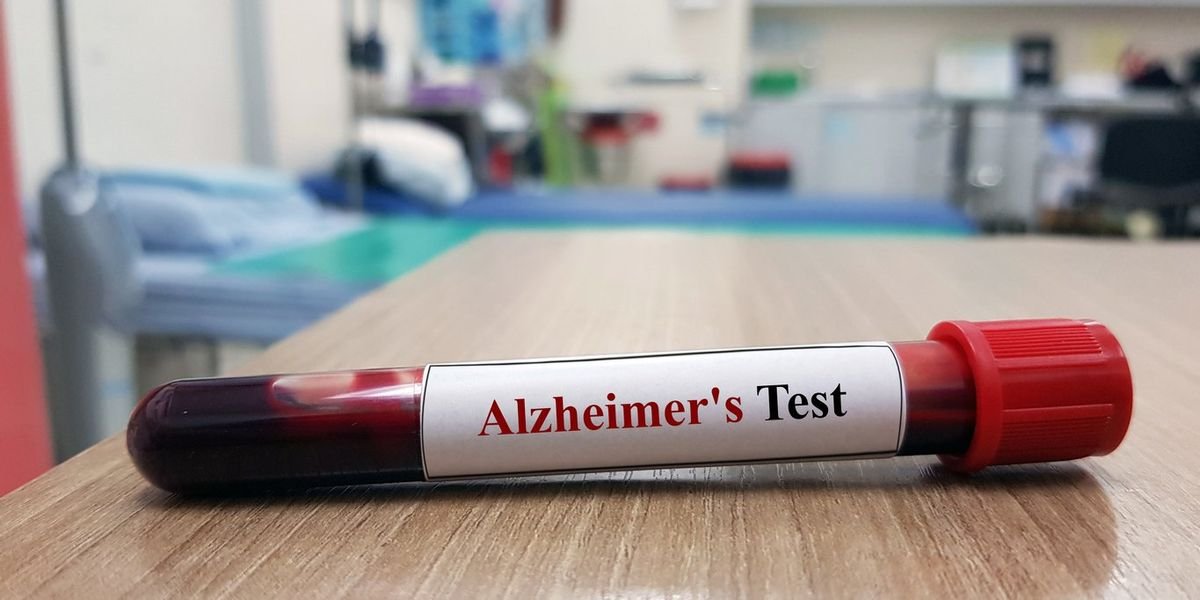Embark on a journey towards mental healing with this comprehensive guide on how to conquer depression effectively. In this post, we will research into the most crucial strategies and techniques that can help you navigate through the darkest times and emerge victoriously. From therapeutic practices to lifestyle adjustments, we’ve got you covered with expert advice and proven methods to reclaim your happiness and well-being. Say goodbye to despair and hello to a brighter future with our ultimate roadmap to overcoming depression. Let’s get started!
Key Takeaways:
- Seek Professional Help: It is crucial to reach out to a therapist, counselor, or psychiatrist to get the necessary support and treatment for overcoming depression.
- Practice Self-Care: Engage in activities that promote physical, emotional, and mental well-being such as exercise, meditation, healthy eating, and adequate sleep.
- Build a Support System: Surround yourself with understanding and supportive individuals who can offer encouragement, empathy, and a listening ear during challenging times.
Assessing The Factors Contributing to Depression
There’s no one-size-fits-all answer when it comes to understanding the complexities of depression. It’s crucial to evaluate the various factors that may be contributing to your feelings of sadness and hopelessness. By identifying these factors, you can start to address them and work towards overcoming your depression.
Biological Factors
Factors such as genetics and brain chemistry play a significant role in the development of depression. Here are some key points to consider:
- Genetics: Family history of depression can increase the likelihood of experiencing it.
- Brain Chemistry: Imbalances in neurotransmitters like serotonin and dopamine can contribute to depressive symptoms.
Any form of physical illness or disability can also impact your mental health. It’s imperative to recognize these factors and seek appropriate medical support to address them.

Environmental Factors
Factors in your environment can also influence your mental well-being. Consider the following:
- Stressful Life Events: Traumatic experiences, major life changes, or ongoing stress can trigger depression.
- Relationships: Strained relationships or lack of a support system can contribute to feelings of isolation and sadness.
Though these environmental factors can be challenging to navigate, it’s imperative to address them effectively to improve your mental health. Seeking therapy or counseling can help you learn coping mechanisms and strategies to overcome these obstacles.
Assessing the impact of your environment on your mental health is a crucial step in overcoming depression. By understanding how these factors contribute to your condition, you can take proactive steps to create a healthier and more supportive environment for yourself.
- Thoroughly evaluating and addressing these environmental factors is imperative for long-term recovery from depression.
This comprehensive evaluation of the factors contributing to your depression is a critical first step towards successful treatment and recovery. By taking a closer look at the biological and environmental influences on your mental health, you can develop a personalized plan to overcome depression and regain control of your life.

Proven Strategies to Combat Depression
If you’re looking for ways to combat depression, it’s important to understand that there are effective strategies you can implement to overcome this mental health condition. In this chapter, we will explore various techniques and methods that have been proven to help individuals successfully manage and alleviate symptoms of depression.
Medication and Therapy Options
With the right combination of medication and therapy, many individuals have found relief from depression. Antidepressant medications can help stabilize mood and alleviate symptoms, while therapy, such as cognitive-behavioral therapy (CBT) or interpersonal therapy, can provide coping mechanisms and a safe space to explore underlying issues contributing to depression.
It’s crucial to work closely with a mental health professional to determine the best course of treatment for your specific needs. They can help you navigate the different options available and create a tailored treatment plan that addresses your unique circumstances and goals.
Lifestyle Changes and Self-Care
Combatting depression also involves making positive lifestyle changes and prioritizing self-care. Engaging in regular exercise, maintaining a healthy diet, getting an adequate amount of sleep, and practicing relaxation techniques like mindfulness or meditation can all contribute to improving your mood and overall well-being.
To effectively manage depression, it’s important to establish a supportive network of friends, family, or support groups who can offer encouragement and understanding. By surrounding yourself with a positive environment and engaging in activities that bring you joy, you can take proactive steps towards overcoming depression.
Tips for Staying Motivated During Treatment
Once again, staying motivated during the treatment of depression is crucial for a successful recovery. Here are some tips to help you stay on track:
- Set realistic goals: Setting achievable goals is imperative in maintaining motivation throughout your treatment.
- Build a support system: Surround yourself with a strong support system to help you through the ups and downs of your recovery.
Knowing how to stay motivated can make a huge difference in your journey towards overcoming depression.
Setting Realistic Goals
For many individuals struggling with depression, setting realistic goals can be a game-changer. Start by breaking down your larger goals into smaller, more attainable ones. This will help you track your progress and stay motivated along the way. Remember to celebrate each small victory to keep yourself motivated on your path to recovery.
Building a Support System
During your treatment for depression, building a strong support system is imperative. Surround yourself with friends, family members, or a support group who can offer emotional support and encouragement. Having someone to talk to during difficult times can make a significant difference in your journey towards healing.
Realistic support system can provide you with the necessary encouragement and guidance to help you navigate through the challenges of depression. Don’t hesitate to lean on your support system when you need it most.
How to Prevent a Relapse
Keep How to Beat Depression: 8 Things to Do Every Day top of mind as you work on preventing a relapse. These strategies can help you stay on track and maintain your mental health over the long term.
Recognizing Warning Signs
Warning: It’s crucial to be able to recognize the warning signs of an impending relapse. These signs can vary from person to person but may include changes in sleep patterns, appetite, energy levels, or mood. Pay attention to any negative thoughts or feelings that start to creep in and address them proactively. Early intervention is key to preventing a full-blown relapse.
Developing a Long-Term Wellness Plan
Prevent: Developing a long-term wellness plan is vital for maintaining your mental health and preventing relapses. This plan may include regular exercise, a balanced diet, sufficient sleep, stress management techniques, therapy or counseling, and medication if prescribed by a healthcare professional. By taking a proactive approach to your mental health, you can reduce the risk of relapse and improve your overall well-being.
For instance, establishing a daily routine that incorporates self-care activities can help you stay grounded and focused. Consistency is key when it comes to managing depression, so make sure to stick to your wellness plan even when you start feeling better. Remember that prevention is always better than cure when it comes to mental health.
Final Words
Drawing together the various strategies and techniques discussed in this ultimate guide on how to overcome depression successfully, it is evident that a combination of therapy, medication, self-care practices, and support from loved ones can make a profound difference in managing and overcoming depression. Remember that overcoming depression is a journey that requires patience, perseverance, and commitment. By incorporating the tips and strategies outlined in this guide into your daily routine and seeking professional help when needed, you can take positive steps towards a healthier and happier life. You are not alone in this journey, and there is help available to support you along the way. Stay strong, stay hopeful, and never hesitate to reach out for assistance when you need it.
FAQ
Q: What is depression?
A: Depression is a mental health disorder that causes persistent feelings of sadness, hopelessness, and loss of interest in activities. It can affect how you think, feel, and handle daily activities.
Q: What are the common symptoms of depression?
A: Common symptoms of depression include persistent feelings of sadness, anxiety, or emptiness, loss of interest in activities once enjoyed, changes in appetite or weight, fatigue, feelings of guilt or worthlessness, difficulty concentrating, and thoughts of death or suicide.
Q: How can I overcome depression successfully?
A: To overcome depression successfully, it is important to seek professional help from a therapist or counselor, practice self-care activities such as exercise, healthy eating, and getting enough sleep, engage in activities that bring you joy, connect with supportive friends and family members, and consider medication as prescribed by a healthcare provider. It’s also crucial to challenge negative thoughts, set realistic goals, and practice mindfulness and relaxation techniques.










